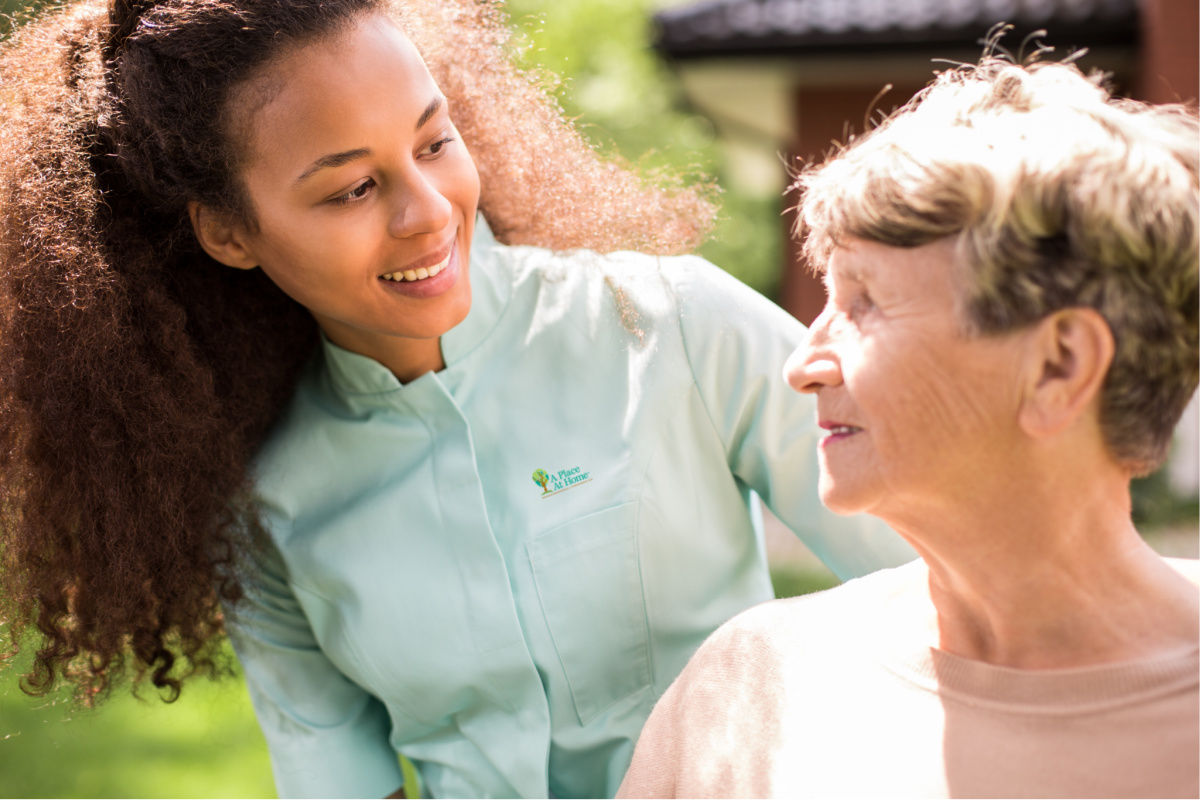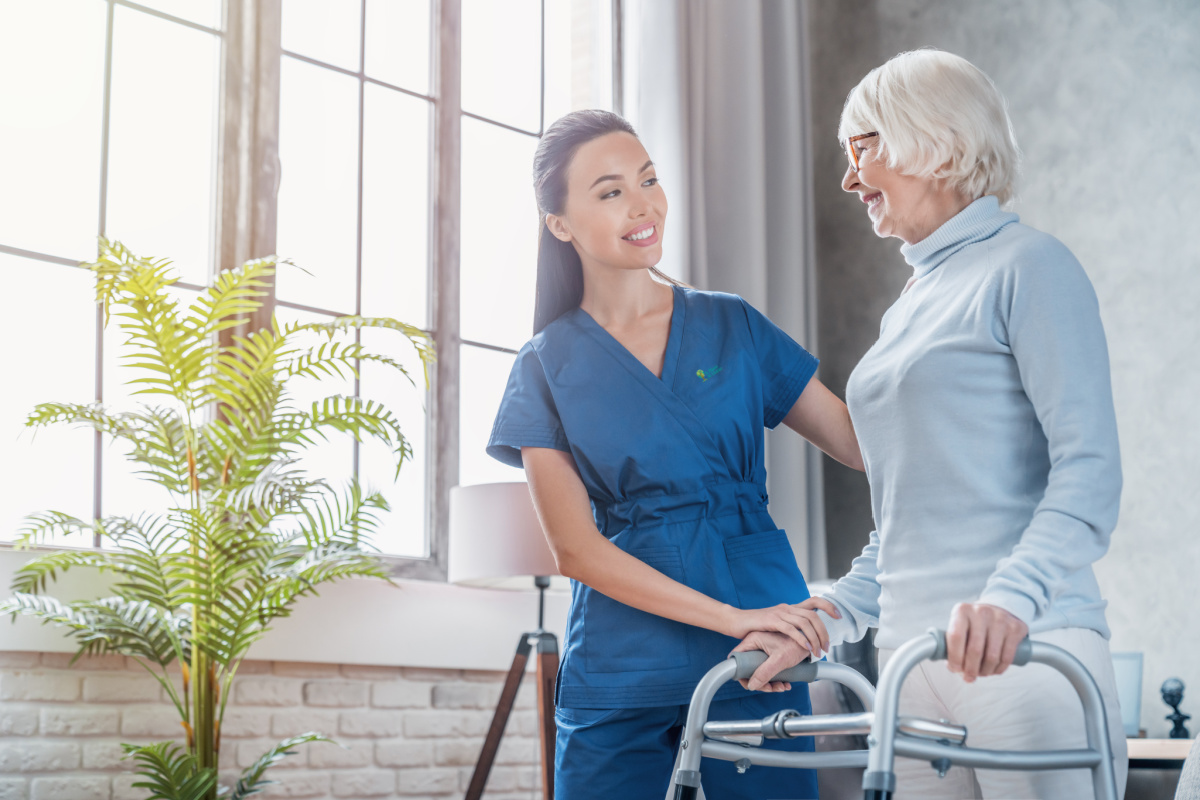In the next ten years, Dementia will directly impact over 82 million people worldwide.
In the US alone, 5.8 million people over the age of 65 live with Alzheimer’s Disease right now. While Alzheimer’s Disease is the most talked-about form of Dementia, there are over ten types of Dementia. This is a progressive disease process of which there is no cure. Individuals diagnosed will experience losses in their ability to function in multiple ways. Their memory and cognitive functions will decline, as will their ability to care for themselves.
Dementia impacts family and loved ones as well.
As the disease progresses, the individual may forget important places and events in their life. In some cases, this includes the people that they love. This memory loss can often be more devastating on their loved ones as they are aware of the decline. They have to watch more and more of the person they care about disappear. The toll this disease takes isn’t just emotional. As families adjust their lives to accommodate the needs of their loved one, they suffer in other ways. Studies have shown that those who care for a loved one with Dementia note higher levels of anxiety and depression and poor overall wellbeing in general.
Dementia will change the life of the person diagnosed and their loved ones, but they don’t have to do it alone.
A Place At Home developed a CARE Program to effectively help and care for those diagnosed with Dementia and provide relief for their loved ones. Those enrolled in this program can expect:
- A personal care plan and Dementia-specific assessments to address your individual care needs.
- Active and ongoing communication with all other members of your health care team.
- A Dementia CARE certified care team that is specifically trained in the needs of those living with Dementia.
- Change in Condition tracking ensures that any changes in condition are documented and addressed as they happen to prevent further risk or injury.
Living with Dementia can be overwhelming for everyone involved. Having a team of professionals in your home supporting you can help you make huge strides in your quality of life. Reach out to us today to learn more about our Dementia CARE Program or to schedule a cost-free consultation.


